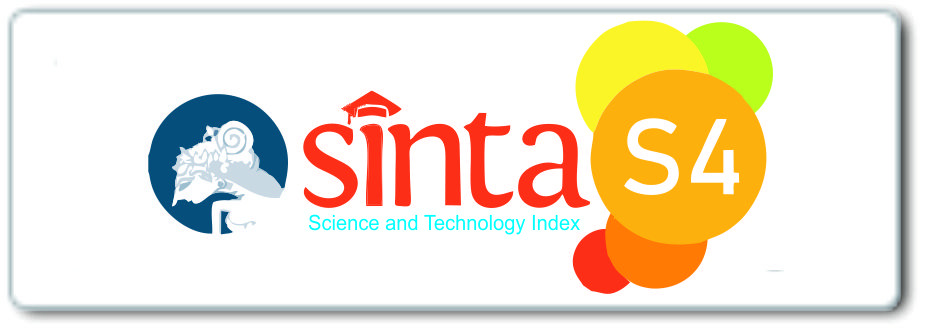Islamic Forgiveness Therapy and Achievement of Psychological Well-Being (Case Study on Adult Women with Childhood Trauma of Ramadhan Healing Journey Participants)
DOI:
https://doi.org/10.56988/chiprof.v4i3.109Keywords:
Childhood Trauma, Islamic Forgiveness therapy, Psychological Well-being, Ramadhan Healing, Trauma RecoveryAbstract
This study aims to explore the experiences of adult women with a history of childhood trauma in undergoing Islamic forgiveness therapy within the Ramadhan Healing Journey program, and to understand its contribution to enhancing psychological well-being. The research employed a qualitative case study method involving three participants who had experienced emotional neglect, verbal abuse, and family conflict. The intervention included psychoeducation, loving-kindness meditation, reflective journaling, and daily prayers over a 21-day period. Data were collected through in-depth interviews, observation, and analysis of reflective journals throughout the therapy period. To support the qualitative findings, pre-test and post-test measurements were also conducted using a psychological well-being scale to assess changes before and after the program. The therapy program consisted of forgiveness-themed journaling, loving-kindness meditation, and forgiveness-focused prayers. The results showed that participants experienced positive changes, including a reduction in negative emotions such as anger, resentment, and anxiety, as well as improvements in self-acceptance, interpersonal relationships, and sense of life purpose. Pre- and post-test data also indicated an increase in psychological well-being scores, reinforcing the qualitative findings. This study highlights the potential of Islamic forgiveness therapy as an effective psychospiritual approach for supporting the healing process of women with childhood trauma. It contributes to the development of psychospiritual trauma therapy that is culturally and religiously relevant for Muslim communities.
Downloads
References
C. L. M. Keyes, “Social well-being,” Social Psychology Quarterly, vol. 61, no. 2, pp. 121–140, 1998.
A. Bożek, M. F. Nowicki, and M. L. Kalus, “The relationship between personality traits, emotional intelligence and mental health among students,” Current Psychology, vol. 39, no. 4, pp. 1156–1165, 2020.
C. D. Ryff and C. L. M. Keyes, “The structure of psychological well-being revisited,” Journal of Personality and Social Psychology, vol. 69, no. 4, pp. 719–727, 1995.
C. Downey and A. Crummy, “Trauma and psychological well-being,” Trauma Studies Quarterly, vol. 12, pp. 101–120, 2021.
J. Barros et al., “Childhood trauma and adult well-being,” Journal of Mental Health, vol. 30, no. 3, pp. 123–131, 2022.
M. Almousa et al., “Adverse childhood experiences and psychological distress in adulthood: a population-based study,” BMC Psychology, vol. 11, no. 1, pp. 1–10, 2023.
M. Fishbane, The Relational Revolution in Couple Therapy, Norton Press, 2019.
F. Fadilah, “Islamic forgiveness therapy in trauma healing,” Jurnal Psikologi Islam, vol. 5, no. 1, pp. 35–47, 2024.
Vahrudi, “Makna Al-‘Afwu dalam Al-Qur’an: Studi Tematik,” Jurnal Studi Islam, vol. 18, no. 2, pp. 145–158, 2020.
L. Uyun, A. Nashori, and R. Setiawati, “Spiritual forgiveness therapy to improve mental health in Ramadhan,” Psikologia: Jurnal Pemikiran dan Penelitian Psikologi, vol. 17, no. 1, pp. 23–34, 2019.
Downloads
Published
How to Cite
Issue
Section
License
Copyright (c) 2025 Rizki Amaliyah, Yuyun Yuliani

This work is licensed under a Creative Commons Attribution-NonCommercial 4.0 International License.




















